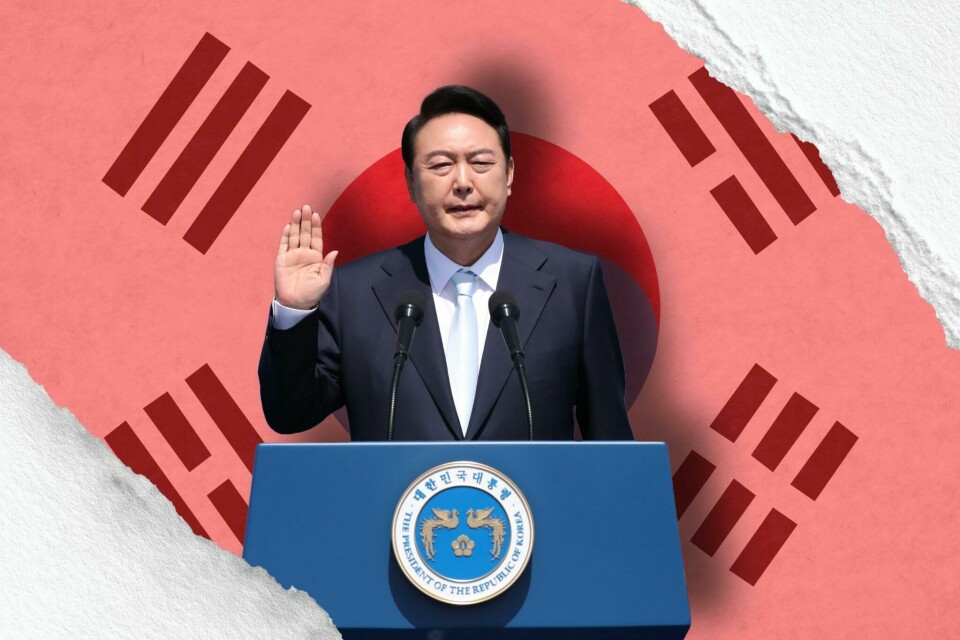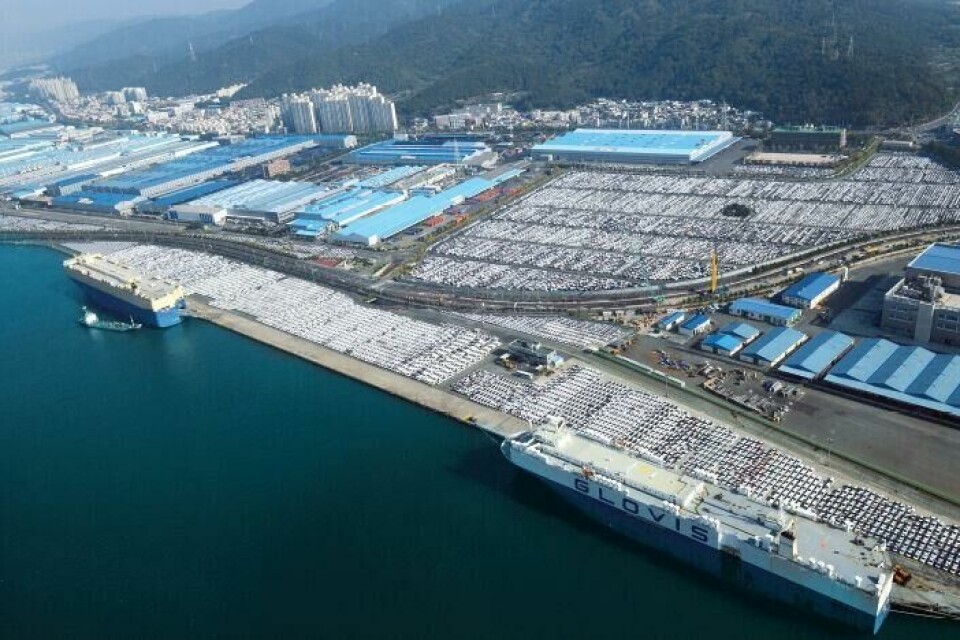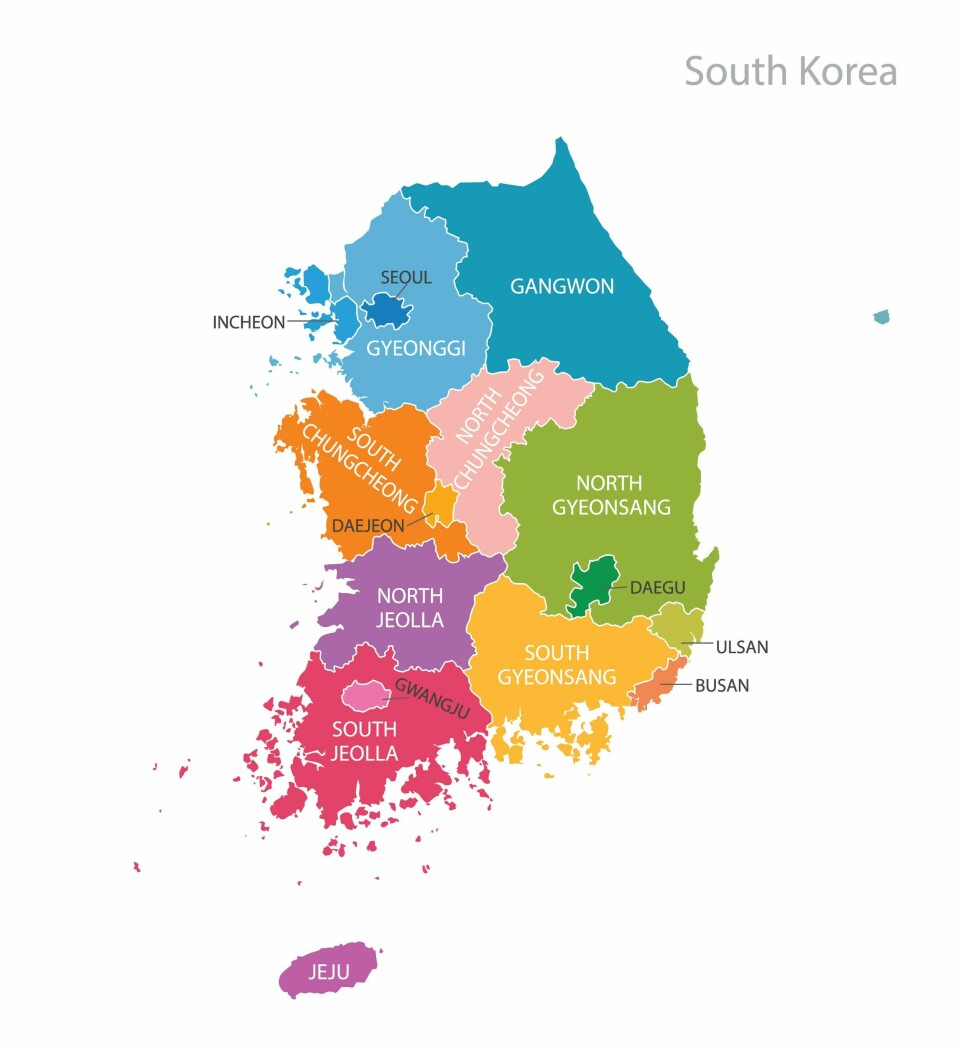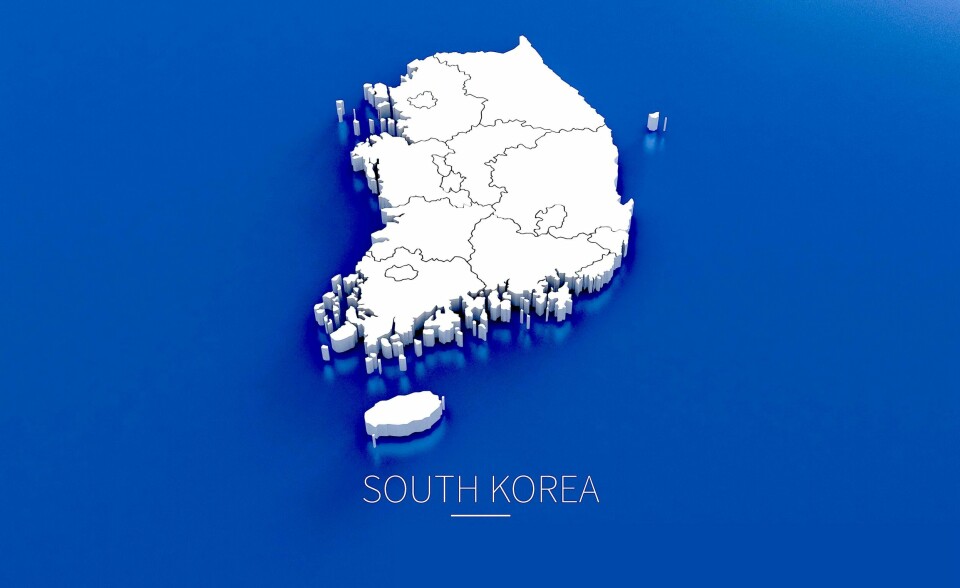The declaration of Martial Law in South Korea raises challenges for automotive production and global supply chains amid political upheaval
The declaration of Martial Law in South Korea has thrown its critical automotive production and logisitics into uncertainty. As political tensions mount, automotive manufacturers and supply chains brace for potential major disruptions in operations and logistics

Story update: Due to heavy social and parliamentary pressures, President Yoon has now rescinded rule by Martial Law in South Korea, yet Hyundai Motor’s labour union is now threatening strikes unless Yoon resings with immediate effect. The strikes are sure to disrupt automotive production and supply chains. Read the updates here.
In an extraordinary turn of events, South Korean President Yoon Suk Yeol has declared martial law, citing threats from what he described as “communist forces and anti-state elements.” The drastic measure, announced in a televised address, has plunged the nation into political turbulence and sent ripples through its pivotal economic sectors, particularly the automotive industry. The implications of this decision are consequential, both for South Korea’s domestic affairs and for its role as a global hub of automotive production and supply chains.
“This is a truly Black Swan event that no one had foreseen, impacting not only automotive OEM production […] but also potentially disrupting major component flows, such as the major battery gigafactories”
The declaration effectively suspends the operations of parliament and grants the military sweeping powers to maintain order. President Yoon justified the move by accusing opposition factions of paralysing government functions and endangering national security. Opposition leader Lee Jae-myung has denounced the proclamation as ”unconstitutional”, warning of potential mass arrests of dissenting political figures.
The international response has been swift. The United States National Security Council has expressed deep concern, and China, a key economic partner, has urged its citizens in South Korea to exercise caution. The situation is evolving rapidly, but its immediate impact on political stability is unequivocal.
“[South Korea] is the fifth-largest automotive producer globally, home to giants like Hyundai Motor Company and Kia Corporation”
South Korea’s role in automotive production
South Korea is not merely a global political and cultural force; it is also a cornerstone of the automotive world. The nation is the fifth-largest automotive producer globally, home to giants like Hyundai Motor Company and Kia Corporation. Together, these firms are not only critical to the South Korean economy but are also deeply integrated into global supply chains, providing vehicles and components to markets across the world.
Other manufacturers, such as GM Korea, Renault Korea Motors, and KG Mobility (previously SsangYong Motor), contribute further to the nation’s automotive output. This industrial strength has positioned South Korea as a linchpin in the global automotive landscape. Yet, martial law threatens to disrupt this delicate balance.
Daniel Harrison, Automotive Analyst at Ultima Media commented on the unfolding situation, saying: “This is a truly Black Swan event that no one had foreseen, impacting not only automotive OEM production - primarily that of leading OEM Hyundai-Kia - but also potentially disrupting major component flows, such as the major battery gigafactories of LG Energy Solution, SK On, and Samsung-SDI”
“If logistical networks are disrupted by curfews, checkpoints, or other military measures, the ripple effects could exacerbate an already precarious global semiconductor shortage”
The imposition of martial law introduces uncertainties that could upend South Korea’s automotive sector. The potential for operational disruptions is particularly acute. Manufacturing facilities may face interruptions if military orders restrict civilian movement or commandeer resources for security purposes. Hyundai, for instance, operates massive facilities in Ulsan (the single largest automotive manufacturing plant in the world, with an annual capacity of 1.4 million units, including EVs) and Asan, which are among the largest automotive plants in the world. Any slowdown or shutdown at these sites would not only impact domestic production but also reverberate across international markets.

Ulasan is the single largest production facility in the world with an annual capacity of 1.4 million units
South Korean Semiconductors and Automotive Logistics Implications
In addition, the supply chains that sustain these factories are at risk. South Korea is a key player in the semiconductor industry, and its automotive sector is heavily reliant on the smooth flow of these components. If logistical networks are disrupted by curfews, checkpoints, or other military measures, the ripple effects could exacerbate an already precarious global semiconductor shortage. International buyers and supply partners are likely to experience delays, pushing companies to seek alternative sources or shift production elsewhere.
Export markets, a critical lifeline for South Korean automakers, also hang in the balance. Hyundai and Kia, for example, export vehicles to over 180 countries. Political instability could erode consumer confidence in South Korean products, prompting buyers to consider alternatives from more stable regions.

Among these are plants operated by Hyundai Motor Group, Kia Corporation, and GM Korea, as well as advanced suppliers such as Hyundai Mobis and LG Energy Solution.
Trade partners may impose restrictions, citing concerns about human rights or political risk, further complicating matters for the automotive sector.
Statements from industry leaders reveal the deep apprehension surrounding the current crisis. A spokesperson for Hyundai Motor Company noted that the company is “closely monitoring the developments and assessing potential impacts on our operations.” The Korea Automobile Manufacturers Association underscored the need for political stability, highlighting its role in maintaining industrial continuity. These measured responses reflect a sector acutely aware of its vulnerability in the face of such profound uncertainty.
“[…] in 2023, Hyundai announced the groundbreaking of its first EV-dedicated manufacturing facility, located at the huge Ulsan site […] Yet now, political turmoil could impede the availability of resources, labour mobility, and the stability needed for such an ambitious timeline.”
EV Impact: South Korean automotive production could undergo significant long-term changes
The broader implications of martial law extend beyond immediate production and supply challenges. If political instability persists, the South Korean automotive industry could face longer-term structural shifts.
Investment hesitancy is one likely consequence. Foreign investors, who are essential to the sector’s growth and innovation, may delay or withdraw funding for new projects. This could hinder efforts to transition toward electric vehicles and other advanced technologies, a priority for South Korean automakers seeking to maintain global competitiveness.
For example, in 2023, Hyundai announced the groundbreaking of its first EV-dedicated manufacturing facility, located at the huge Ulsan site. However, the recently declared martial law in the country introduces a layer of uncertainty that could disrupt these plans. The project, intended to reinforce Hyundai’s legacy while steering toward a sustainable future, now faces potential logistical, regulatory, and workforce challenges under the heightened political climate.
The facility, spanning 548,000 square metres with an annual production capacity of 200,000 electric vehicles, represents a KRW 2 trillion ($1.53 billion) investment. Full-scale construction was scheduled to begin in late 2023, with mass production targeted for early 2026. Yet now, political turmoil could impede the availability of resources, labour mobility, and the stability needed for such an ambitious timeline.
Renault, Volkswagen, Stellantis, Geely: Turmoil a threat to foreign automakers’ plans in South Korea?
The recent turmoil also casts uncertainty over plans by global automakers Renault, Volkswagen, Stellantis and Geely to expand into the country’s growing automotive market. Despite the country’s rising demand for imported vehicles—now representing nearly 20 percent of total domestic sales—political instability is expected to disrupt consumer confidence, regulatory frameworks, and economic conditions.

Renault’s ambitions for its luxury Alpine brand, set for a 2026 debut, and the surge in sales of its Grand Koleos SUV face potential setbacks. Similarly, Volkswagen’s plans to revitalise its presence through the introduction of its Skoda brand could stall amidst declining sales and heightened operational risks. Geely’s premium electric vehicle brand Zeekr, aligned with Korea’s green mobility push, might also now face delays, or worse, as domestic upheaval threatens to stifle market momentum and foreign investment. Stellantis, considering Alfa Romeo’s entry, could see hesitation over launching in such an uncertain environment. With domestic dissaray potentially constraining consumer spending and imposing tighter government controls, these plans are likely to need significant recalibration.
Armed forces vs workforces: likely implications on production-oriented talent
Moreover, political turmoil may trigger a talent drain. The automotive sector, like other high-tech industries, relies on a skilled workforce to drive innovation. Prolonged instability could prompt engineers, designers, and other professionals to seek opportunities abroad, weakening the industry’s capacity for innovation.
The potential erosion of market share is another concern. Rivals from more stable markets, such as Japan or Germany, may seize the opportunity to attract buyers and investors, exploiting South Korea’s moment of crisis. Presently all conjecture, but the competitiveness in automotive production both remains and swell with tightening nooses on manufacturing infrastructures.
”Exploring new markets and diversifying production and supply sources could provide a buffer against the uncertainties ahead”
For international automakers and suppliers with operations in South Korea, the declaration of martial law also raises immediate questions about risk management. Companies will likely reassess their exposure to the country, weighing the costs of potential disruptions against the benefits of South Korea’s robust production capabilities. Diversification of supply chains, already a priority for many firms in the wake of the COVID-19 pandemic, may gain new urgency as businesses seek to mitigate the risks associated with political instability.
Yet, despite the gravity of the situation, the resilience of South Korea’s automotive sector should be pointed out. The industry has weathered significant challenges before, from global financial crises to trade disputes. Its capacity to adapt and innovate has been a defining characteristic.
However, navigating the current crisis will require a concerted effort from industry leaders, policymakers, and international partners. Proactive dialogue with the government will be essential to ensure that industrial operations are safeguarded, even as martial law is enforced.
”The nation has established itself as a global leader in automotive production, but its position is now under threat”
Contingency planning will also be crucial. Automakers and suppliers must consider alternative scenarios, from temporary factory closures to prolonged disruptions in logistics. Exploring new markets and diversifying production and supply sources could provide a buffer against the uncertainties ahead. The ability to adapt quickly will be a key determinant of the sector’s resilience in the face of such unprecedented political upheaval.
For the country, as well as for automotive sector, the stakes are high. The nation has established itself as a global leader in automotive production, but its position is now under threat. The coming weeks will be critical in determining the extent of the impact.
South Korea now finds itself grappling with a major political political crisis, with the world cloesly watching for the implications for democracy in East Asia; as well as for the potential impacts on automotive production and wider global industries that rely on South Korea’s once-thought-impermeable stability and strength.


